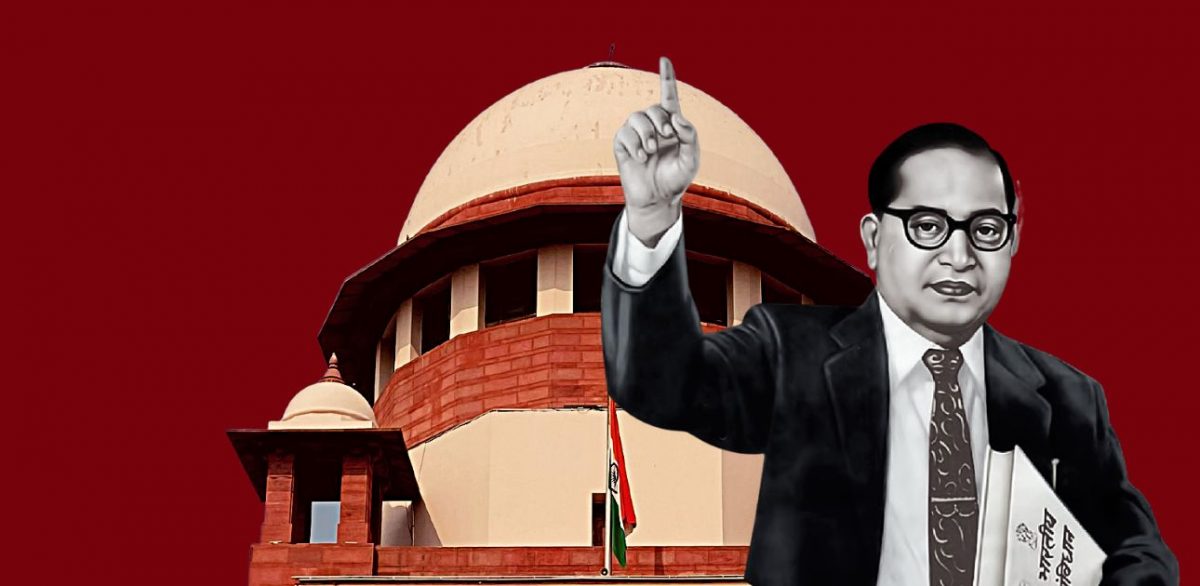Ambedkar Jayanti celebrates the birth anniversary of Dr. Bhimrao Ramji Ambedkar, a towering figure in India’s socio-political landscape and a champion of the Dalit movement. Born on April 14, 1891, Dr. Ambedkar dedicated his life to fighting against caste discrimination and championing the rights of the oppressed. As the principal architect of the Indian Constitution, he played a pivotal role in shaping the nation’s democratic framework, ensuring equality and justice for all citizens.
Ambedkar Jayanti holds profound significance within the Dalit community as a day of remembrance and inspiration. It serves as a reminder of Dr. Ambedkar’s relentless struggle for social justice and empowerment, inspiring millions to continue his legacy of activism and advocacy. On this day, people across India pay homage to Dr. Ambedkar by organising various events such as seminars, discussions, and cultural programmes that highlight his contributions and reaffirm their commitment to his ideals. The day transcends mere commemoration. It serves as a platform to reflect on the still persistent caste structure in India and the ongoing challenges faced by Dalits and other marginalised communities. It ignites discussions on caste-based discrimination, inequality, and the quest for inclusive development, fostering dialogue and collective action towards a more equitable society. Every year, Ambedkar Jayanti is a reminder of hope and resilience, symbolising the enduring struggle for dignity, equality, and social justice in India and its larger context.
Dr. Bhimrao Ramji Ambedkar, fondly known as Babasaheb, was a visionary leader whose indomitable spirit and unwavering commitment to social justice left an indelible mark on Indian society. Born to a Dalit family on April 14, 1891, in Mhow, Madhya Pradesh, Dr. Ambedkar endured the brunt of caste-based discrimination from a young age, fuelling his determination to challenge the oppressive social order.
Dr. Ambedkar’s political career was marked by his relentless pursuit of parity and emancipation for the oppressed. He emerged as a prominent voice for Dalits, advocating for their rights and dignity through various platforms. His seminal work, Annihilation of Caste, challenged the hierarchical caste system and called for its abolition, sparking widespread debate and reflection within Indian society. Ambedkar critiques the traditional Hindu social order, which stratifies society into rigid caste categories and assigns individuals to fixed roles based on birth. He emphasises the oppressive nature of caste, highlighting how it denies individuals their inherent human dignity and restricts their social mobility. He asserts that caste-based discrimination not only violates the rights of the oppressed but also undermines the unity and progress of Indian society as a whole.
Moreover, Ambedkar also challenges the notion that caste can be reformed from within the Hindu religious framework.
He argues that caste is a man-made institution perpetuated by social customs and religious beliefs, and therefore requires radical measures for its abolition. Ambedkar calls for a complete annihilation of caste through social and political mobilisation, emphasising the need for education, rationality, and constitutional safeguards to eradicate caste-based discrimination. Annihilation of Caste serves as a rallying cry for social reform and emancipation from the shackles of caste oppression. Ambedkar’s thesis advocates for a more egalitarian and inclusive society, where individuals are judged not by their birth but by their merit and character.
Dr. Ambedkar’s legacy extends beyond his political achievements; it encompasses his vision of social reform and his tireless efforts to dismantle caste-based discrimination. His teachings continue to inspire generations of activists and leaders in their quest for a more just and equitable society, making him a towering figure in the history of the subcontinent.
Quotes
‘Political tyranny is nothing compared to social tyranny and a reformer, who defies society is a more courageous man than a politician who defies government.’
‘I like the religion that teaches liberty, equality and fraternity.’
‘If you believe in living a respectable life, you believe in self-help which is the best help.’
‘Cultivation of mind should be the ultimate aim of human existence.’
‘Men are mortal. So are ideas. An idea needs propagation as much as a plant needs watering otherwise both will wither and die.’
‘We must stand on our own feet and fight as best as we can for our rights. So carry on your agitation and organise your forces. Power and prestige will come to you through struggle.’
‘So long as you do not achieve social liberty, whatever freedom is provided by the law is of no avail to you.’



